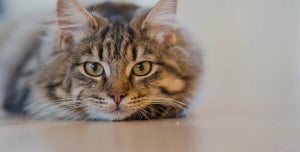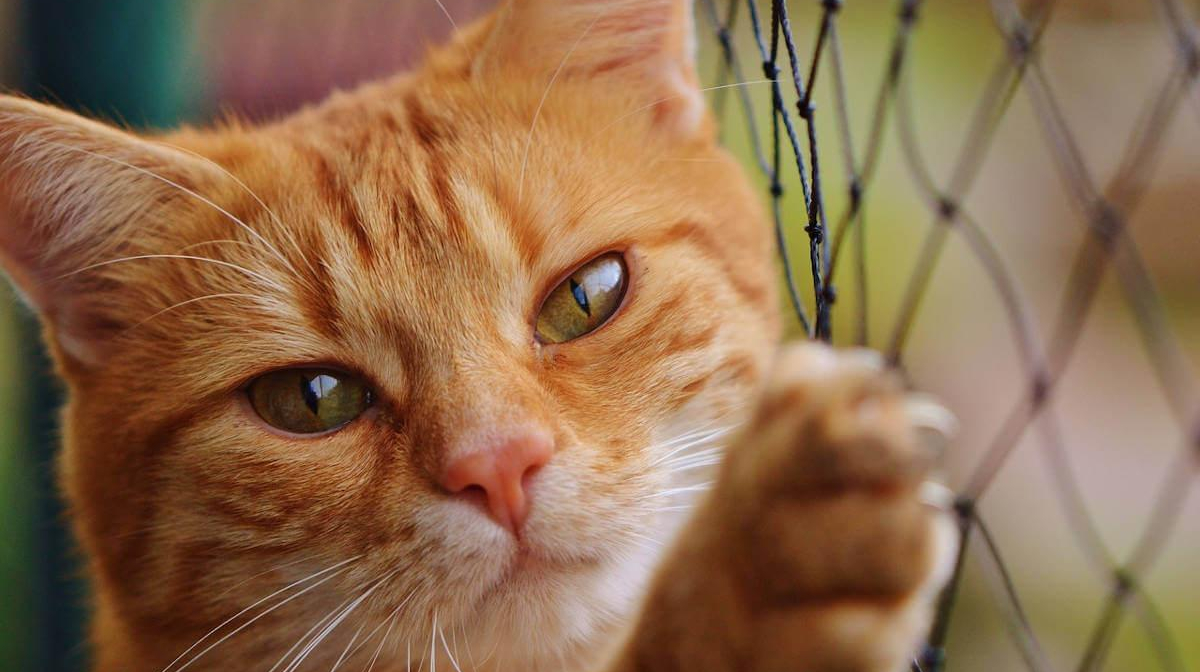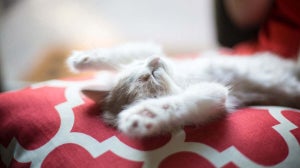
Your cat’s kidneys are responsible for some very important jobs, including cleaning toxins and waste from his or her blood and managing blood pressure. Unfortunately, this means that, if the kidneys start to fail, your cat will suffer ill health. While we don’t want to scare you, kidney failure in cats is one of the top 10 injuries in cats, even among kittens, so it is important that owners be aware of the symptoms. Early recognition of the signs will greatly improve the chances of successfully treating your cat.
Types of kidney disease
Acute kidney failure is when the problem appears suddenly and it can affect cats of all ages. Meanwhile, chronic kidney failure is when the problem has developed over a longer period of time. Causes tend to be less apparent and middle-aged and older cats are more vulnerable.
What causes kidney failure in cats?
Acute kidney failure most frequently occurs from a single cause. Typically, this includes the ingestion of something poisonous, which can include plants, human medications or household chemicals, such as antifreeze. When your cat’s kidneys try to filter the bloodstream, they become damaged by the poison. Other causes of acute kidney failure include:
Blockages to either the bloodstream or the urinary tract
Damage to the kidneys or the bones or tissues around them
Dehydration or sudden loss of blood
Heart failure or reduced blood pressure
Infection of the kidneys
It is harder to know the cause of chronic kidney failure in cats, primarily because it develops over a long period of time, making it hard to pinpoint the determining issues. However, vets will examine for kidney blockages and infections which may have been present for a long time, and anything which might cause your cat’s blood pressure to fall or create trauma in or around the kidneys, such as cancer, blood pressure issues, or dental disease.
What are the signs of kidney problems in cats?
Kidney failure is serious, but there are a lot of symptoms you can spot to help you identify it. If you see any of the following signs, take your cat to see your vet immediately to begin an appropriate course of treatment.
Bloody, cloudy and/or very dilute urine
Brown colour to the tongue and ammonia-like smell
Frequent urination and drinking much more to replace the lost water
Constipation
Loss of appetite; emaciation; general weak demeanour to his/her behaviour
Indifferent attitude; particularly to things which normally excited him/her
Drier than usual coat (caused by the dehydration)
Ulcers in the mouth, on the tongue and the gums

Related Articles








